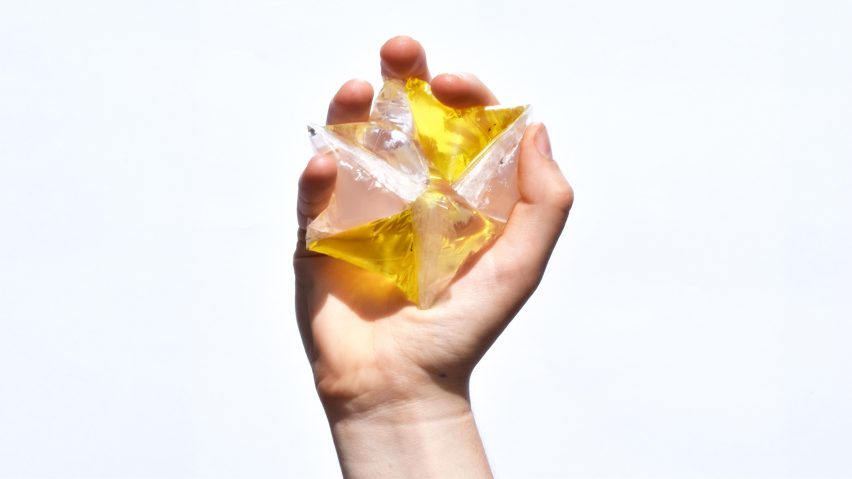
Winners of $1 million Circular Materials Challenge prize for plastic alternatives announced
The winners of a lucrative competition tasking designers to come up with new materials to replace plastic packaging have been revealed.
Announced at the World Economic Forum Annual Meeting in Davos, the Circular Materials Challenge winners aim to develop alternatives for the plastic packaging materials that are currently used for sauces, fresh coffee, and snacks – which are currently too hard or expensive to recycle.
The five winners will each receive a $200,000 share of the $1 million prize and will join a 12-month accelerator programme, run in collaboration with Think Beyond Plastic, to make the innovations marketable at scale.
The challenge forms part of the Ellen MacArthur Foundation's Plastics Economy Innovation Prize, which aims to dramatically reduce the number of plastics that enter the ocean each year by encouraging innovation to prevent the materfrom becoming waste in the first place.
Each year more than 8 million tonnes of plastics enter the ocean, yet the three biggest clean-ups deal with just 0.5 per cent of that volume.
"In a new plastics economy, plastics will never become waste or enter the ocean in the first place," said Ellen MacArthur, an ex-sailor who began her eponymous foundation in 2009.
"These winning innovations show what’s possible when the principles of a circular economy are embraced. Clean-ups continue to play an important role in dealing with the consequences of the waste plastic crisis, but we know we must do more. We urgently need solutions that address the root causes of the problem, not just the symptoms.
"To get there will require new levels of commitment and collaboration from industry, governments, designers and startups," she continued. "I hope these innovations will inspire even more progress, helping to build a system in which all plastic materials are reused, recycled or safely composted."
The award follows the $1 million Circular Design Challenge the winners of which were announced in October 2017.
Read on for the five winners.
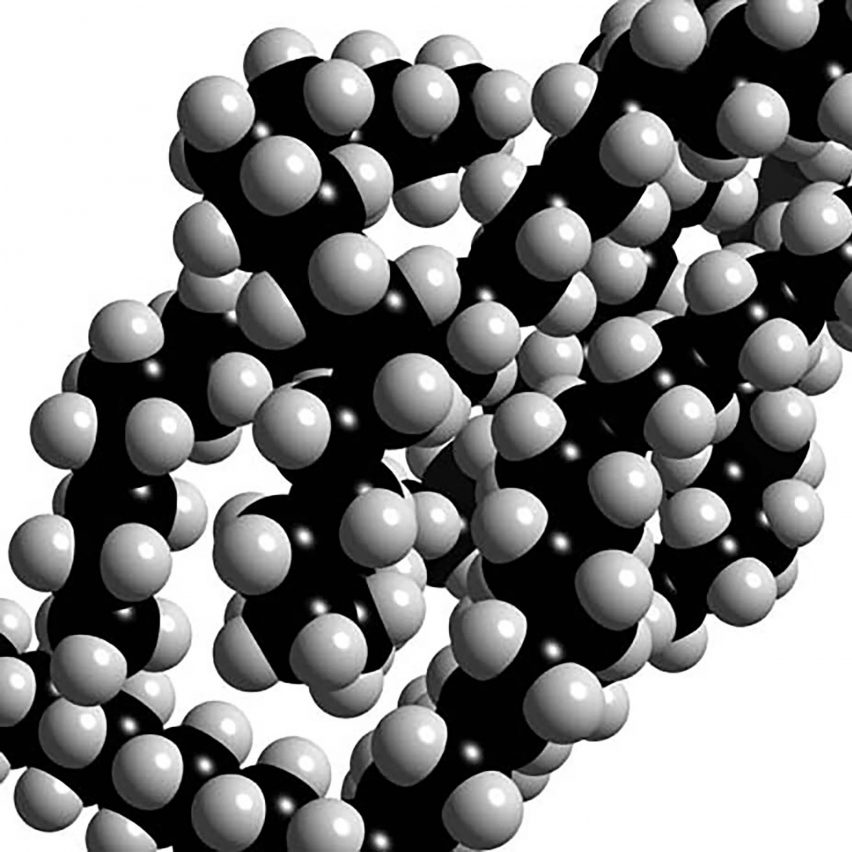
University of Pittsburgh
One of two winners in the "make unrecyclable packaging recyclable" category, the University of Pittsburgh team has used nano-engineering to create a recyclable material to replace packaging made from layers of different materials.
While current multi-layered packaging materials are difficult to recycle, the University of Pittsburgh's packaging would be made from layers of a single material, polyethylene, making it easier to recycle.
Changing the polyethylene's nano-scale structure would allow each layer of packaging to have different properties, which when combined, create a much better material that can even be coloured without pigments.
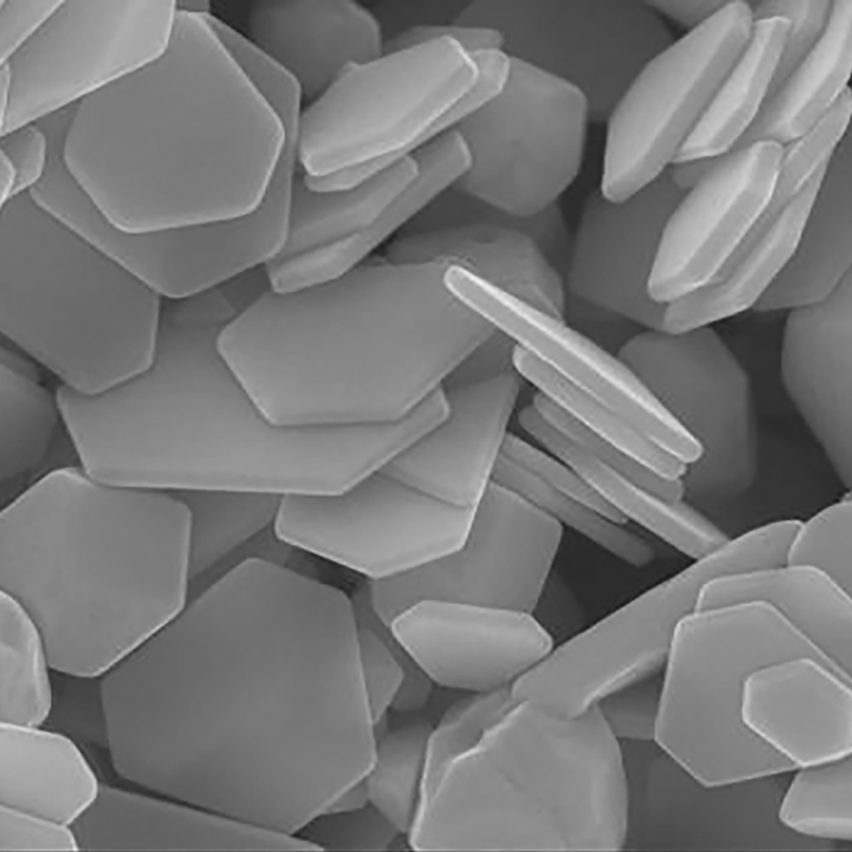
Aronax Technologies Spain
Aronax Technologies Spain, the second winner in the "make unrecyclable packaging recyclable" category, proposed a magnetic additive that can be applied to materials to give better air and moisture insulation.
The additive contains small particles of silicates and iron oxide that will give plastics better abilities to block gases such as oxygen – making them suitable for protecting sensitive products such as coffee and medical products, while still being possible to recycle.
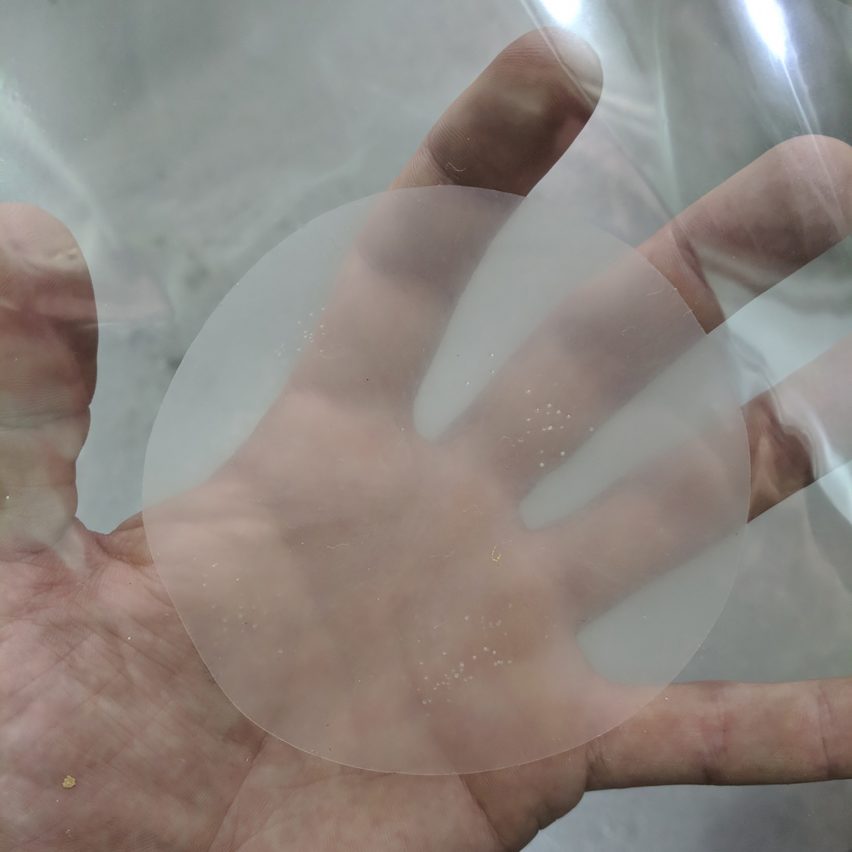
Full Cycle Bioplastics, Elk Packaging, and Associated Labels and Packaging
A joint proposal by Full Cycle Bioplastics, Elk Packaging, and Associated Labels and Packaging to create a high-performance material from renewable materials, agricultural by-products and food waste was a winner in the "combining materials that nature can handle" category.
This innovation is a fully compostable version of the multi-material films that are currently used for granola bar wrappers, laundry detergent sachets, and crisp bags.
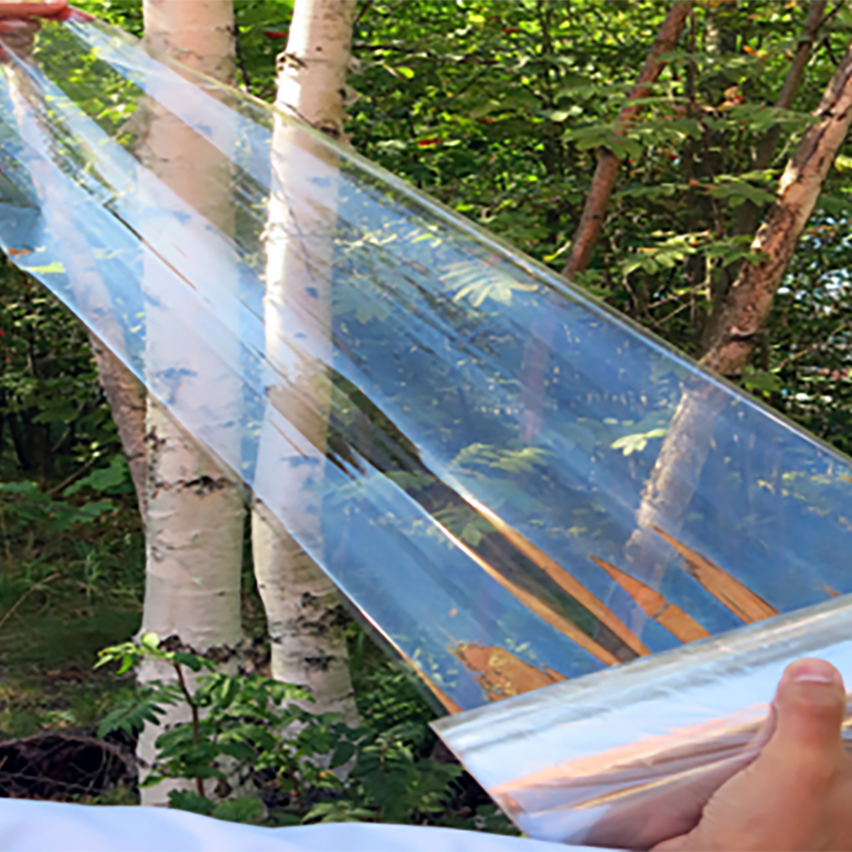
VTT Technical Research Centre of Finland
VTT Technical Research Centre of Finland's proposal to create compostable multi-layer materials from agricultural and forestry by-products was another winner in the "combining materials that nature can handle" category.
The packaging that looks and feels like plastic, but is actually made from wood, could be used for stand-up food pouches for products like muesli, nuts, dried fruit and rice.
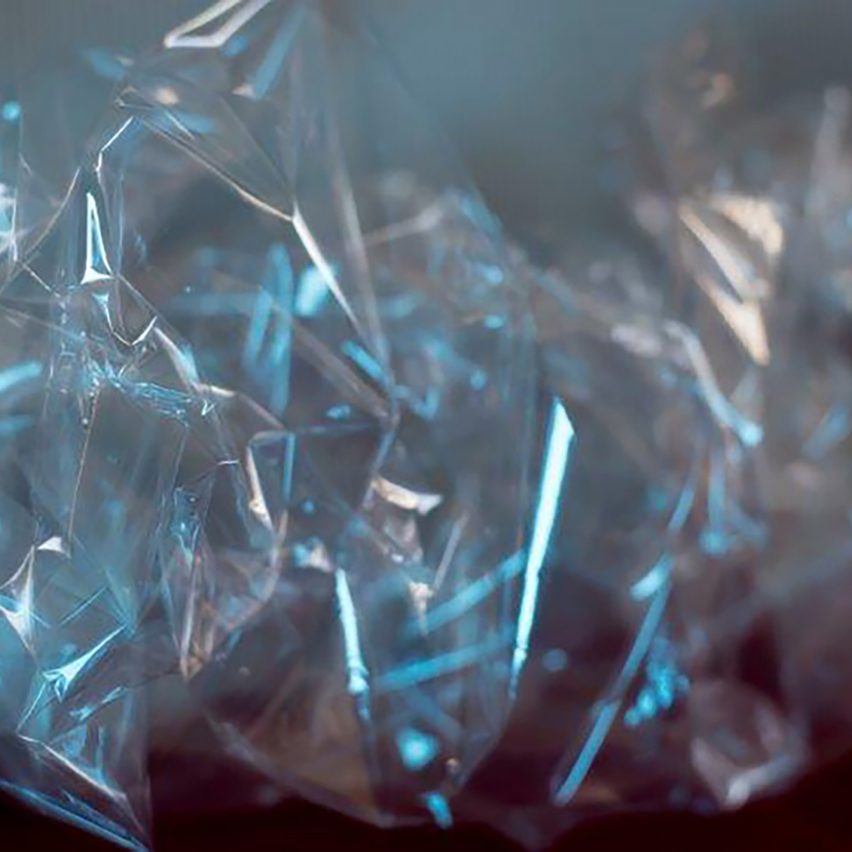
Fraunhofer Institute for Silicate Research ISC
The final winner in the "combining materials that nature can handle" category, the Fraunhofer Institute for Silicate Research ISC, has developed an organic coating for plastic that makes fresh food packaging compostable.
These new coatings can improve the capacity of bio-based and biodegradable packaging so that it meets the required performance standards to guarantee the required minimum shelf life of food products.